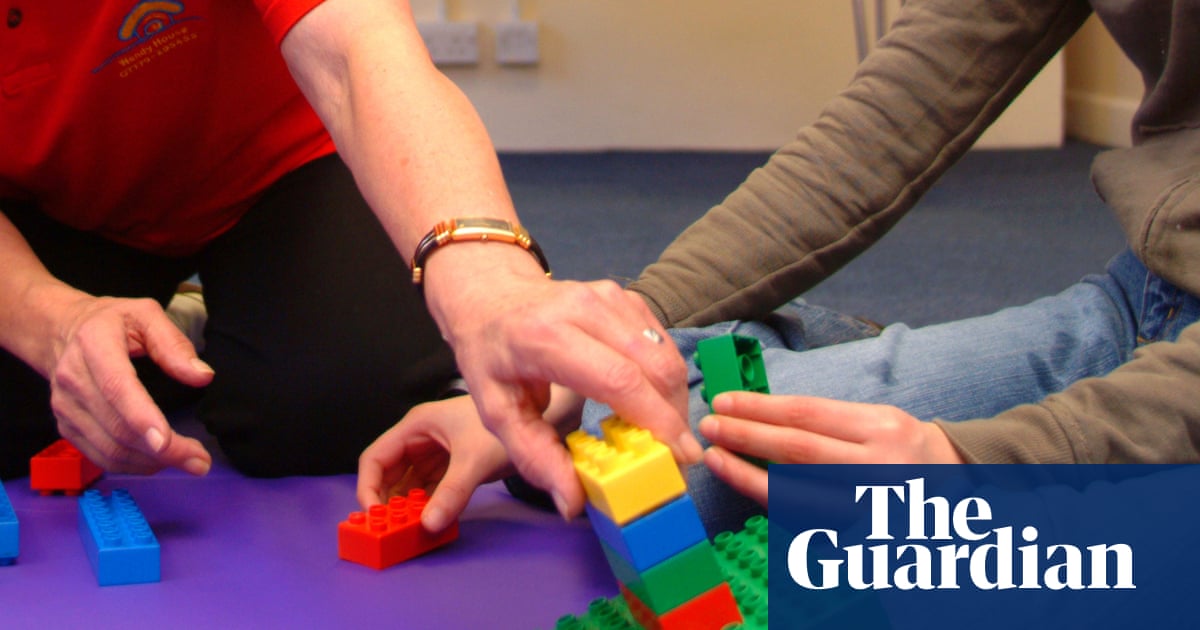
The “shameful” case of a violent 12-year-old boy who was detained in hospital by 15 police officers illustrates the “systemic failings” in England’s care system, according to the body representing all of England’s directors of children’s services.
The boy was physically and chemically restrained in hospital last month. The disruption meant seriously ill children had to be moved to hospitals miles away, because Wigan council could not find a specialised care placement for him in the community, the high court heard.
The judge who heard his case was so disturbed by his situation that he sent a copy of his judgment to Gavin Williamson, the education secretary, and the children’s minister, Vicky Ford. The situation arose because of “an acute lack of appropriate resources for vulnerable children” the judge ruled.
The boy’s family were known to social services since 2011 when his father had threatened to “gas them, blow the house up and slit the children’s throats whilst they are sleeping”.
Now 12, he suffers from ADHD, an autistic spectrum disorder and epilepsy and had a history of self-harm, but was not judged to have a mental illness which would have qualified him for psychiatric care.
He ended up on a standard paediatric ward after trying to strangle himself at his children’s home. At one point, 15 officers were on the ward to help nurses when he was kicking and punching walls, hitting out at staff, spitting at carers and harming himself.
Before long his ward had to be shut to new admissions and part of the ward was closed entirely. Other gravely ill children had to be moved to alternative hospitals across the north-west of England and lists of elective surgeries for children in urgent need of such treatment were cancelled.
The boy was so hard to manage that three days after his admission to hospital, Wigan council, who had responsibility for his care, received a court order authorising the deprivation of the boy’s liberty on the ward.
The barrister applying for the order said that in 30 years practising law he had never had to ask a court to authorise a regime for a child “as shameful as this one is”. Nonetheless, he said the local authority believed the court must “prefer the lesser of two acknowledged evils, the hospital ward or the street”.
Two days later a different judge, Mr Justice McDonald, overturned the original order, saying “that is not a solution that can be countenanced in a civilised society”.
“It would border on the obscene to use a protective jurisdiction to continue the boy’s current bleak and dangerous situation simply because those with responsibility for making proper provision for vulnerable children in this jurisdiction have failed to discharge that responsibility,” he said.
Ordering Wigan council to find a specialist community placement, the judge described how severely the boy’s presence had disrupted paediatric care arrangements “for an entire region of the United Kingdom.”
He added: “Within this context, the adverse impact of the lack of appropriate provision that the courts have to wrestle with week in and week out in cases of this nature is now also impacting on the health and welfare of children and families who have no involvement with the court system.”
The judge also sent his ruling to Josh MacAllister, who is leading a government-commissioned review of children’s social care.
In a submission to the review this week, the Association of Directors of Children’s Services (ADCS) highlighted the Wigan case to warn: “Demand for places in registered children’s homes is outstripping supply, and homes are increasingly reluctant to accept children with highly complex needs, particularly at short notice or in a crisis situation, for fear of jeopardising their Ofsted rating.
“This is particularly true for the cohort of young people on the edge of hospitalisation, criminalisation or a welfare secure placement.”
The ADCS wants the government to integrate the commissioning of children’s social care, mental health and the youth custody secure estate, saying: “The case for change is strong on the systematic failings.”
The boy has since been found an alternative placement within Wigan but the search goes on for a registered long term placement, the local authority said. Pressure for placements has soared during the pandemic, with the number of looked-after children in the district rising from 577 to 646 year-on-year.
“The warning signs are there across the country, urgent action is needed,” said Colette Dutton, Wigan council’s director of children’s services. “We will be far from the only local authority to be seeing further demand for additional resource requests for children with more complex needs.
“Costs of placing children in private fostering and residential provision have risen considerably and this is all set against a backdrop of central budget cuts for town halls.
“Local authorities urgently need support and better regulation of the market. It should be remembered that at the centre of all this is the welfare of some of our most vulnerable children and the system should be responsive to their needs and not geared toward profit making in its current form.”












